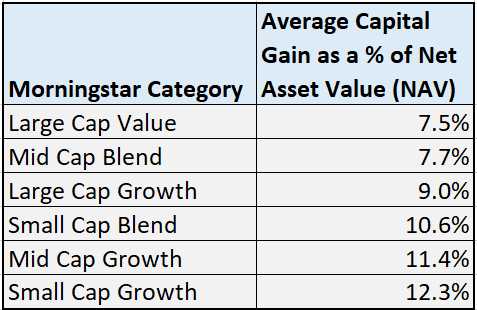Memorial Day weekend is the unofficial kick off to summer and for many people, summer is a great time to plan a vacation. Unfortunately robbers know this and it can also be a prime time for home break-ins. Having a house sitter stay in your home to watch your pets, water your plants, gather any mail or flyers, and turn lights off and on is definitely your best option for insuring your home is safe but this may not be an option for everyone. Here are a few tips to safeguard your home while you are away.
- Have your mail stopped. Nothing screams that no one is home more than a bunch of mail and flyers piling up on your doorstep. You can visit the post office website and submit a request online.
- 2.Get timers for your lights. Leaving your lights on 24/7 is a dead giveaway that you are not home and will make your electric bill sky rocket. Instead, put your living room lights on timers to come on at dusk and turn off at bed time.
- 3.Ask a neighbor for help. Usually a neighbor will not mind keeping an eye out for anything suspicious going on at your house and may even be willing to pull out the trash cans for you. Asking doesn’t hurt and I’m sure they would appreciate the favor in return.
- 4.Make sure everything is locked up. This seems so obvious but one of the biggest mistakes people make is leaving a door or window unlocked in their rush to get going on their vacation. If your house is locked up tight the thief will have to work harder to break in and will most likely leave if it is taking too long.
- 5.Don’t post about it. Everyone loves getting away on vacation but posting this information on social media will notify all of your connections that you are away from home. Think twice before giving out too much information. You can always post those great vacation pics when you get home!
- 6.Get a security system. If you travel a lot or are away from home most of the day in general it may be a good idea to get an alarm or a camera security system. The cost for these systems may be small in comparison to the peace of mind you will have knowing that your home is protected.
Most importantly, enjoy your vacation knowing that your home is secure while you are away!


